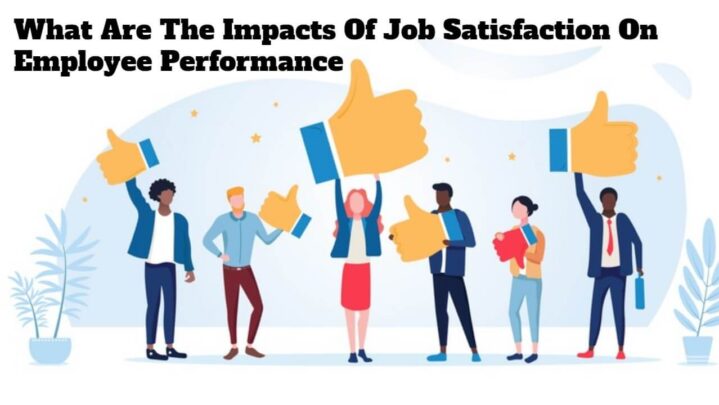Employees’ degree of contentment and pleasure with their job and the company they work for is their job satisfaction. On the other hand, employee performance describes the productivity and effectiveness a person exhibits while performing the duties of their position. Job happiness and employee performance are significantly positively correlated, meaning that workers generally do a better job when they are happy.
Motivation is one of the main effects of work satisfaction on employee performance. Employees are more likely to be motivated to work hard when happy. In addition, they have a sense of ownership and accountability for their work and the company, encouraging them to put up the extra effort necessary to accomplish their objectives. This drive results in improved performance, which raises productivity levels, higher-quality output, and more customer satisfaction.
Increased job commitment is a further effect of job satisfaction on worker performance. Employee commitment to the organization and its objectives increases when they are happy. As a result of this dedication, there is a rise in loyalty, a reduction in turnover, and an improvement in workplace culture. Higher work satisfaction and improved employee performance are possible outcomes of these elements.
Better physical and mental health can also result from job happiness, which may enhance worker productivity. For example, employees are less prone to experience stress and burnout if they are pleased and content with their jobs. In addition, they are more likely to feel optimistic about their work and the company, which might enhance their general well-being and lower turnover and absenteeism.





